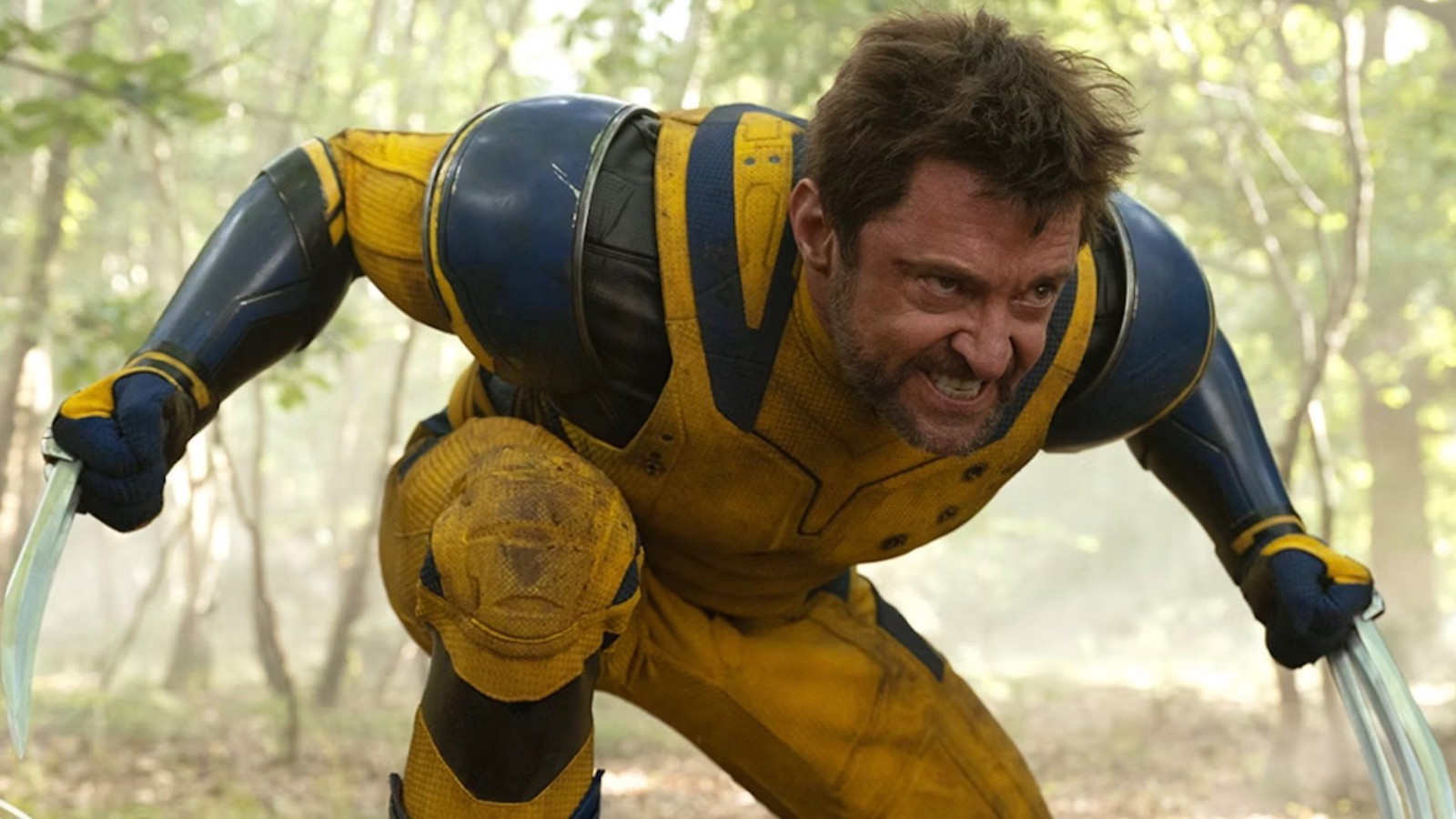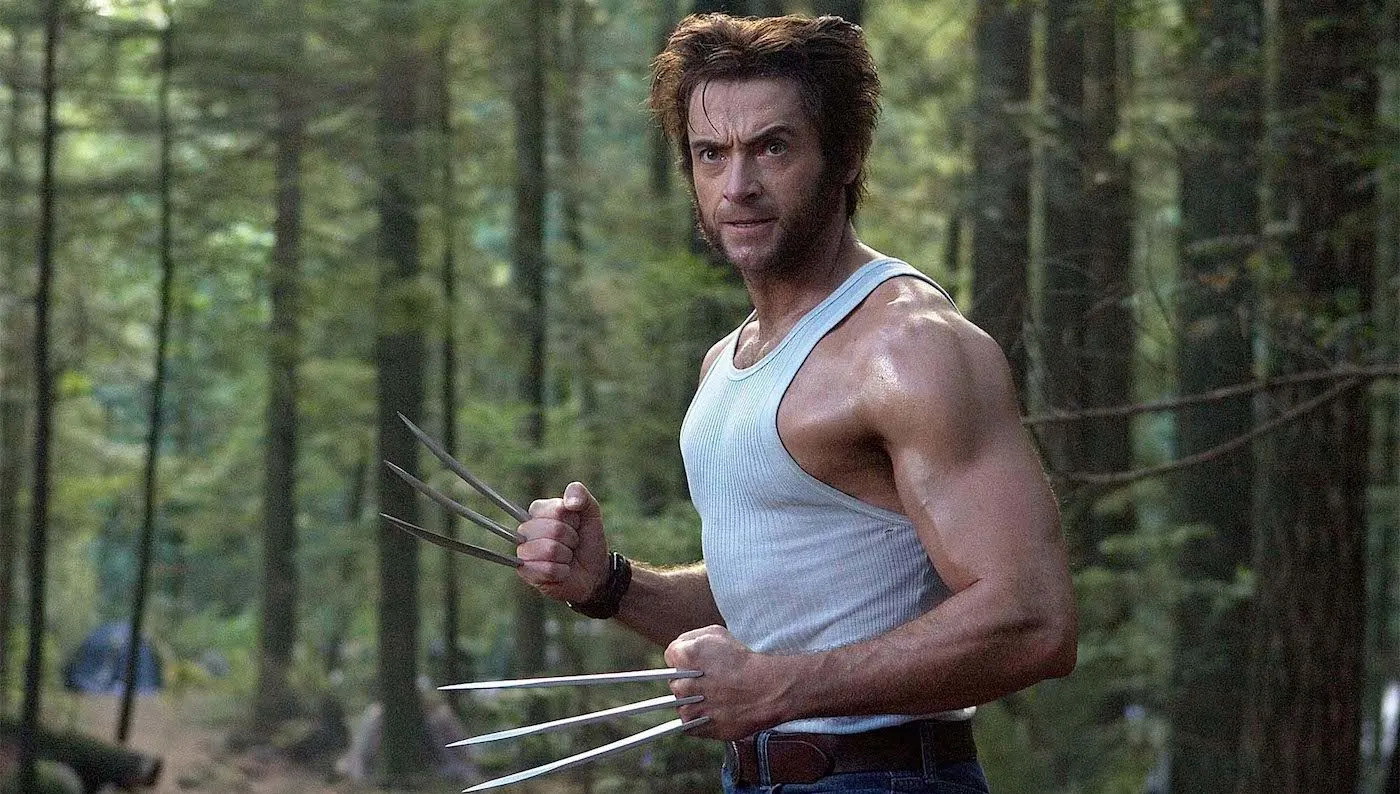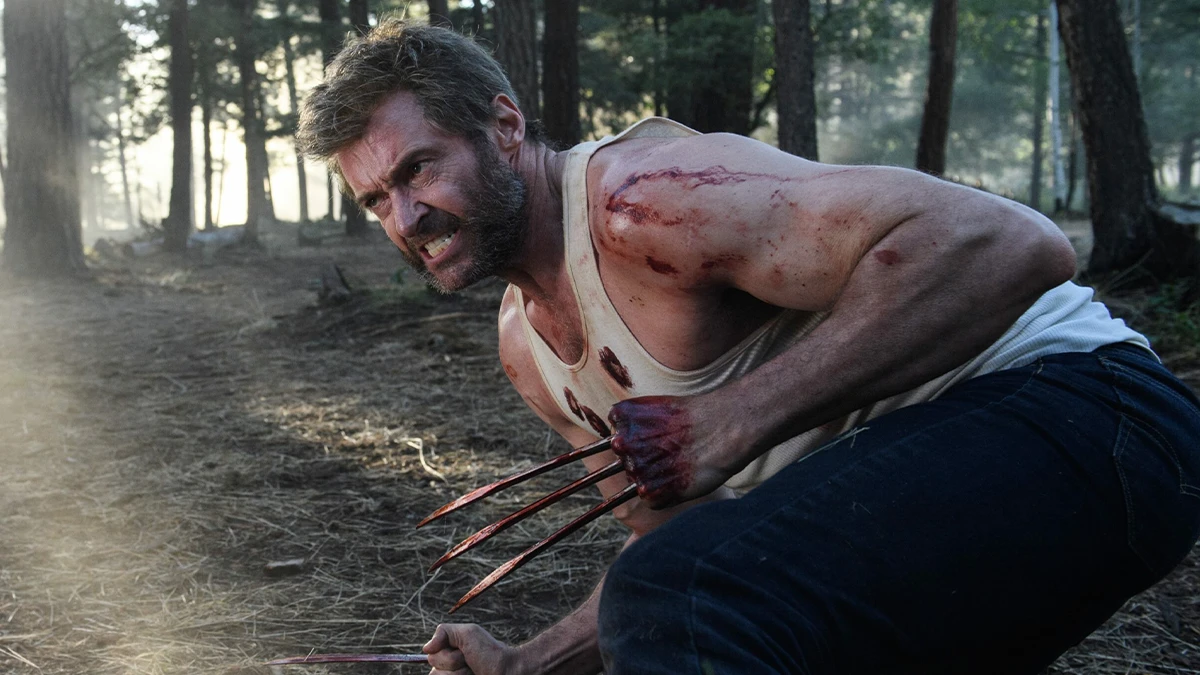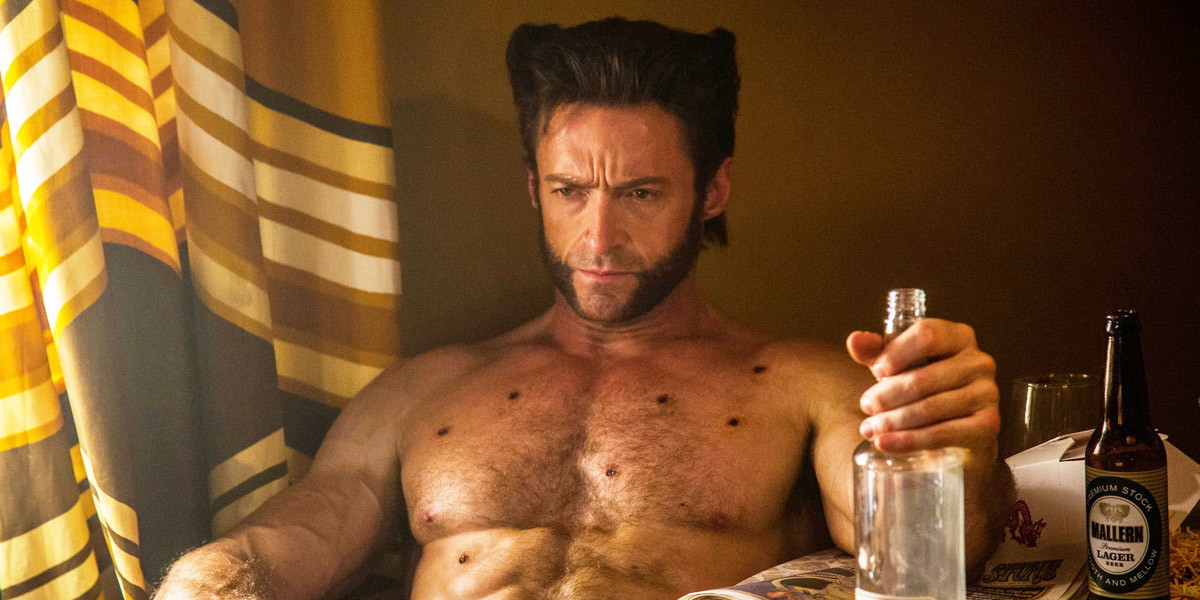Recently, a fan has called out actors like Hugh Jackman and Henry Cavill for promoting unrealistic beauty standards for the younger generation.
Hugh Jackman’s Deadpool & Wolverine had several iconic moments that started several interesting conversations surrounding the world of the Marvel Cinematic Universe, Hollywood, and the world in general. From addressing the superhero fatigue conversations head-on, to seriously confusing fans about what timelines they are following, several scenes made fans think a lot. One that was more about the looks, however, was the iconic scene where Wolverine loses his shirt.

Jackman and his jacked physique in the film have had fans going absolutely crazy, with half of the audience thirsting over him and the others trying to look like him. While on a basic level, many would simply dismiss the entire discussion as being all fun in games, there is certainly more to the impact of the scene than what meets the eye.
Recently, a fan posted a video talking about the impact that such body standards can have on people, and it seems to have grabbed the attention of a lot of people.
Hugh Jackman’s Harmful Striptease
Recently, Ben Carpenter posted a video on Instagram, where he talked about Hugh Jackman’s iconic scene from Deadpool & Wolverine. Unfortunately for fans of the sequence, his take on the entire thing was from more of a critical perspective. He talked about how the scene has caused many fitness platforms to promote specific workouts that could help normal people achieve the same physique.

This is something that usually happens every time a new action movie with a shirtless scene comes around. While many would think it to be harmless, Carpenter proposed a different perspective. If stars like Jackman, Henry Cavill, and Gerard Butler were able to achieve these physiques through specific workout routines and a slight change in their diets, every single person on the planet would be looking like them.
However, in several interviews, they have talked about the lengths they have to go to in order to get the body they need for a 10-second shot. They have to work tirelessly, eat things that provide little value to their health, and in the end, dehydrate themselves to the point of madness.
My point is, in the same way, Victoria’s Secret’s runway models have come under fire for promoting unrealistic beauty standards, people need to know that superhero physiques are often temporary, unhealthy, and unrealistic for the younger generation to idolize.

Taking these sorts of measures to get a dream body can be very harmful to the ton and is similar to the standards perpetuated by Victoria’s Secret models, according to Carpenter. The only difference, however, is that the models get called out on it and the actors continue.
A Double Standard?
For decades now, people have been highly critical of the body standards perpetuated by models and actors. Tales of the horrors that models and actresses go through to achieve their dream body, ranging from eating disorders to medicine, are harmful in all possible ways. The importance put on looking a certain way has damaged the confidence of people in the millions, and a lot of change has been enforced to undo these standards.

However, similar efforts and conversations have not surrounded the male unrealistic physique. Similar to the model body, actors have been dehydrating themselves for decades, eating ridiculous and harmful diets in order to look good for a single scene. While people eat it up every single time, it creates unrealistic standards for men, who feel the need to meet them after seeing the world fawn over something that could easily have been achieved through visual effects.
Most recently, Hugh Jackman’s jacked physique in Deadpool & Wolverine created similar conversations among fans. While audiences have been adoring his efforts and how he looks in the scene, while simultaneously ignoring the impact this could have on the mental well-being and self-image of the people who watched the scene and compared themselves to him.
While many may ignore or dismiss the conversation started by Ben Carpenter, there is no denying that there is a bigger issue that stems from the way Hollywood portrays the human body.
